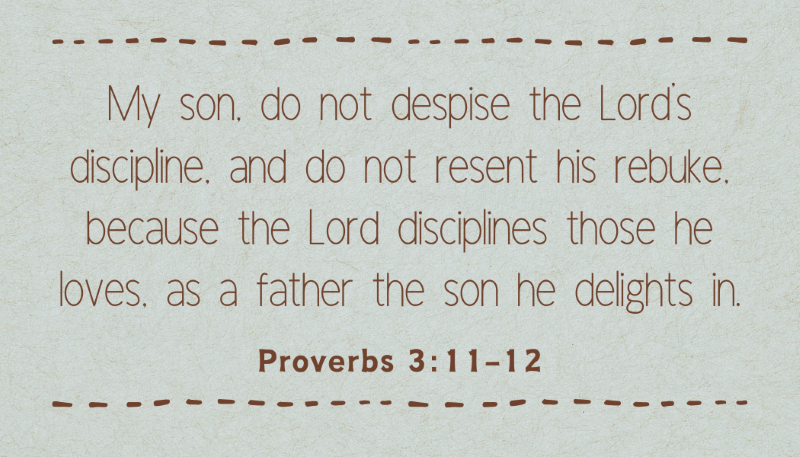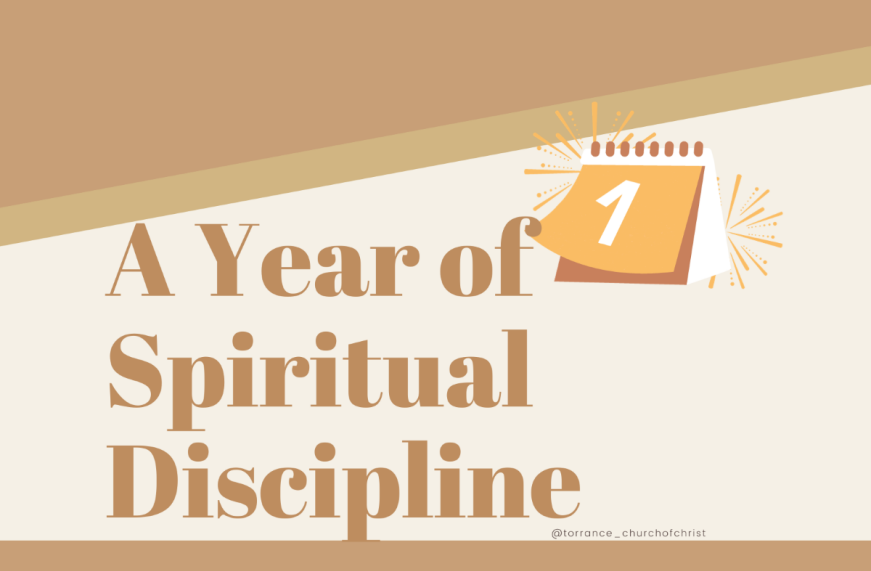The Role of Laughter and Joy in Christianity

There’s something powerful in the simplicity of a laugh, a burst of joy that echoes beyond the moment. Joy and laughter are vital companions in our earthly existence. Today we will break down the importance of laughter and joy grounded in the biblical understanding of emotions; exploring how a good laugh isn't just a mood lifter; it's a game-changer, shaping a positive perspective that goes hand-in-hand with our faith. Join the conversation as we discuss the role of laughter in Christianity it's more than just noise; it's a symphony of joy.
There's a widespread misconception about Christianity, painting it as a solely somber structure. However, this oversimplification misses the dynamic essence of the faith. While moments of reflection and reverence are essential, Christianity is not devoid of joy and laughter. The misconception often arises from a narrow understanding, reducing the diverse emotional spectrum that Christianity encompasses. Yet, followers of Christ know that Christianity incorporates the gravity of introspection and the lightheartedness of joy, creating a harmonious blend that defies stereotypes. As believers, it's essential to challenge and dispel the misconception that Christianity is rigidly serious, embracing the truth that within its framework, laughter, and joy are vibrant and integral segments.
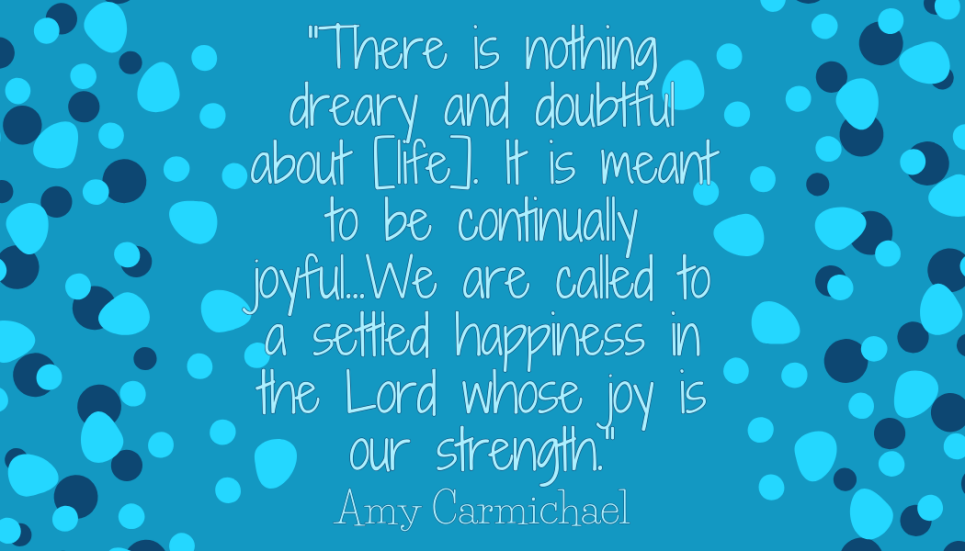
While flipping through the pages of the Bible you'll catch joy stealing the spotlight in various verses. During your studies, you may have noticed that while similar, joy takes on a distinct identity from happiness. Happiness can be a bit like a rollercoaster—up and down with the twists of life; tied to our external environment. On the other hand, joy isn't shackled to our circumstances. It's a sense of contentment; finding peace among imperfections, a quiet assurance that transcends the ups and downs.
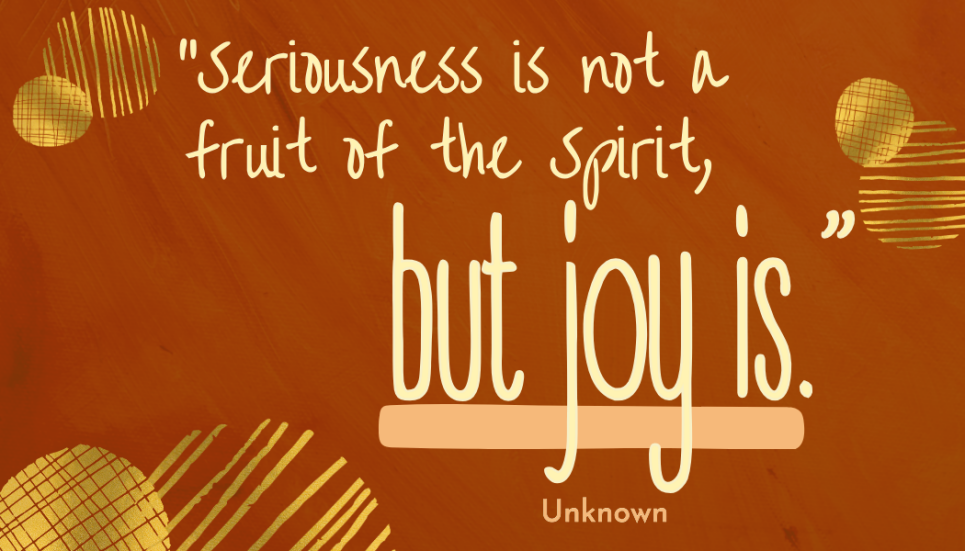
Take a moment and imagine the undeniable joy in a child's laughter, the rustling leaves on a sunny day, or the antics of playful animals. Now consider the relationship between joy and laughter.
Laughter and its infectious cadence is the physical actualization of joy. Whereas joy, itself is the underlying current that gives laughter its depth and resonance. It is the subtle warmth that lingers after the laughter fades, leaving an enduring sense of contentment. It's almost as if God sprinkled laughter into the mix to remind us that joy is a natural part of the world He designed.

Together, joy and laughter form a vigorous partnership, each enhancing and amplifying the other's impact. They intertwine in a way that elevates the spirit. Indeed, laughter becomes the joyful echo of a heart touched by the lighter side of life, and joy finds its voice in the contagious laughter that reverberates through buoyant moments of bliss.
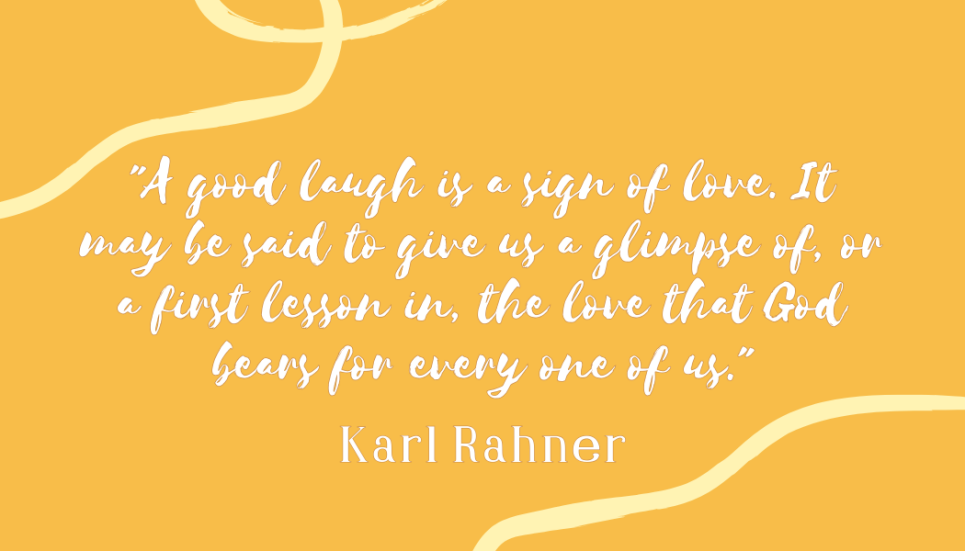
The intrinsic power of joy and laughter lies in their exceptional capacity to function as an unspoken language, transcending diverse backgrounds and establishing a shared sense of community. Laughter possesses a unique aptness to dismantle barriers and nourish connections that words alone may struggle to achieve. Envision the camaraderie that emerges from individuals sharing a laugh. The consequential ease and warmth signify a participation in something greater- something that infuses life with a vibrant harmony that brightens and unifies.
Biblical Examples of Laughter and Joy
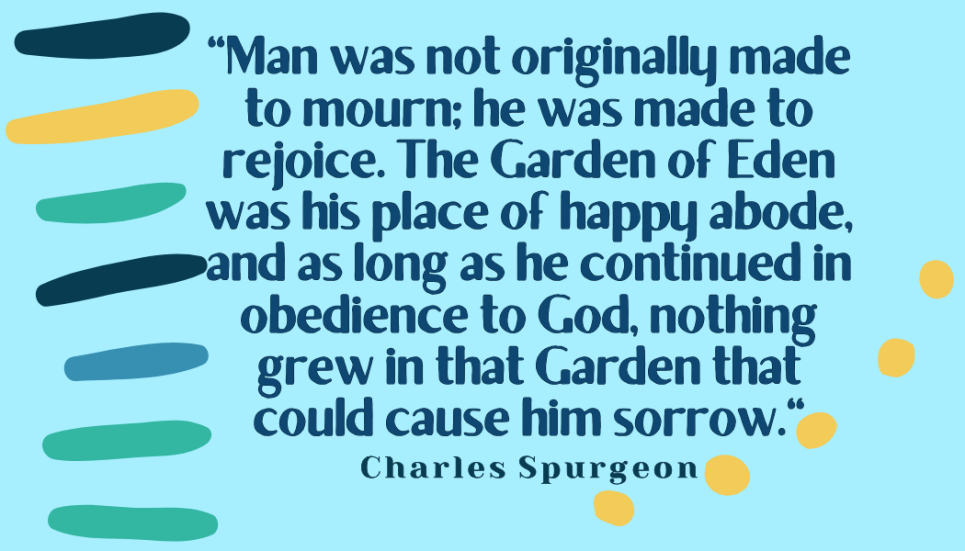
The following examples give us a closer look at how laughter and joy shaped some of the lives of Biblical figures:
Sarah and Abraham share a tale marked by laughter when God promises them a child in their advanced years. Sarah, initially skeptical, bursts into laughter, but that laughter transforms into a joyous occasion and declaration of faith when Isaac, the child of promise, enters the scene.
Laughter touched the destiny of Naaman, a formidable Syrian commander afflicted with leprosy. Elisha's unconventional directive to wash in the Jordan River elicits laughter initially, yet Naaman's obedience leads to his healing. In these moments, laughter becomes a catalyst for surmounting seemingly insurmountable challenges.
The account of Balaam and his talking donkey is marked by laughter. When the donkey speaks, Balaam's response is laughter, but this unexpected event diverts him from a destructive path, showcasing laughter as a divine intervention in the face of adversity.
Embrace This Gift

We conclude with an appreciation for the significant impact these simple yet powerful elements carry in our lives. As you move forward, embrace this gift. Freely let joy and laughter radiate from your being to touch the hearts of others. And in doing so, become a source of light, warmth, comfort, and inspiration in the lives of those around you.
- Torrance Church of Christ





